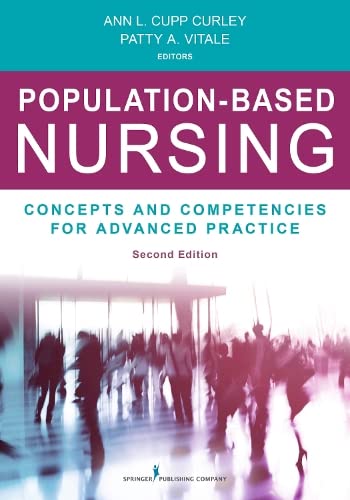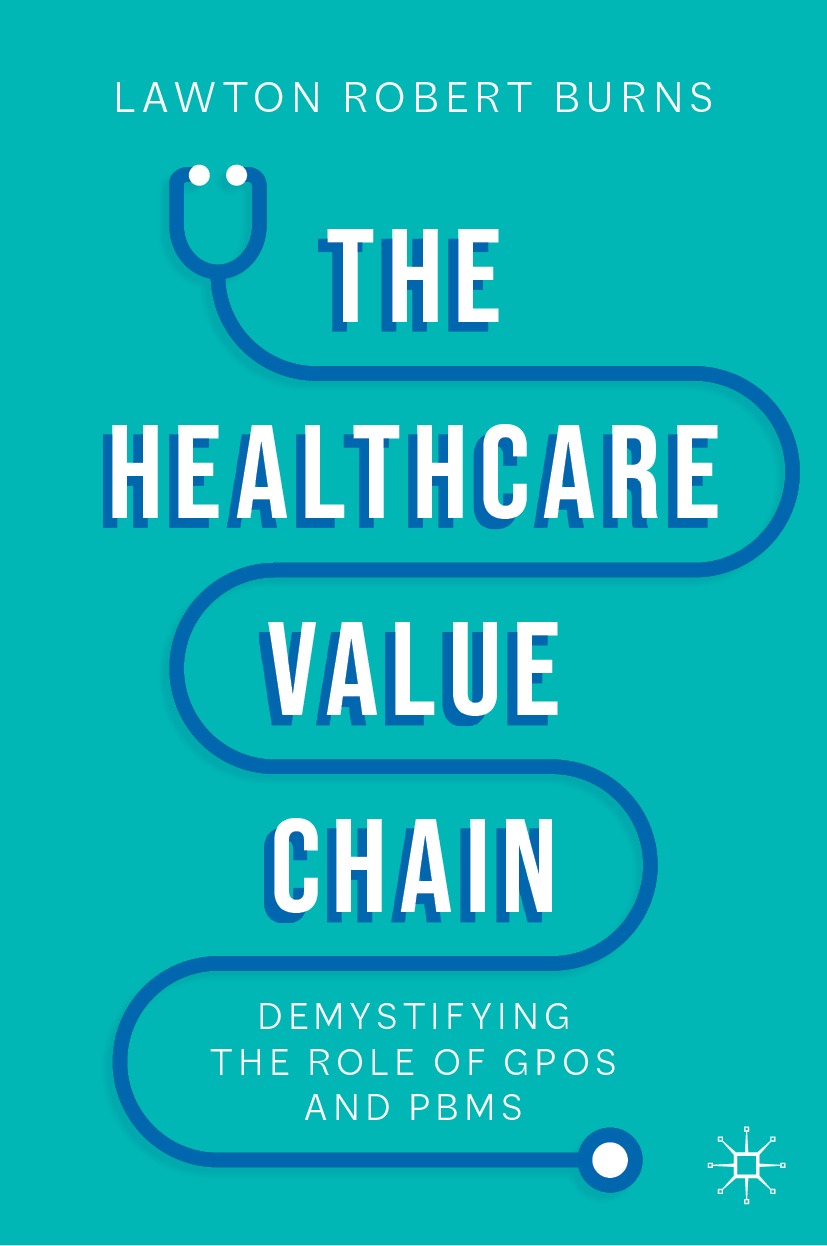Now in its second edition, this continues to be the only advanced practice nursing text to focus on core competencies in both epidemiology and population health. The new edition delivers essential content for Doctoral Nursing Programs (DNP) as outlined by the AACN, and encompasses the many changes in healthcare that affect population-based nursing, including the latest requirements set forth by the enactment of the ACA. All chapters include updated information, new content, and relevant case examples that exemplify successful strategies nurses have used to improve population outcomes. Featuring the contributions of several esteemed new authors, the second edition includes a timely new chapter on global health in population-based nursing and vital information about how new technology and social media can be used to improve population outcomes and to develop innovative solutions. The text describes the role of the APRN in identifying and mitigating healthcare disparities at the national and global level, and provides guidance on how to conduct community assessments. New topics include pay for performance implemented by the S, the overconsumption of salt and increasing use of electronic cigarettes, toxic stress, and more. High-level discussion questions and exercises help to reinforce core concepts. New online materials for faculty include answers to problem sets and supplemental discussion questions. In addition to its value as a primary course textbook in a DNP program, the text also serves as a supplementary text for graduate community health nursing programs. New to the Second Edition: Delivers essential content for Doctoral Nursing Practice (DNP) programs as outlined by the AACN Explains how new technology and social media can be used to improve population outcomes and develop innovative interventions Offers high-level exercises and questions for discussion Presents a timely new chapter on global health in population-based nursing Covers ACA-related requirements such as conducting community health needs assessmentsProvides updated information in all chapters with relevant examples, case studies, discussion questions, and references Offers guidelines on the APRNís role in policy-making Presents expanded information on causality, confounding, and describes a comprehensive approach to measuring and interpreting survival data including prognosis Updates program design and development Key Features: Focuses on both epidemiology and population-based nursing competencies Describes the APRN role in identifying and mitigating healthcare disparities at local, national, and global levels Provides guidance in conducting community assessments Includes examples of successful strategies used to improve population outcomes Explains how new technology and social media can be used for the improvement of population outcomes and the development of new and creative interventions. Provides a strong foundation in epidemiologic methodology including mortality measures, the validity and reliability of testing, study designs, sample size, assessing risk and causality, and data analysis and interpretation Offers high-level exercises and questions for discussion to help students synthesize, integrate, and apply information












